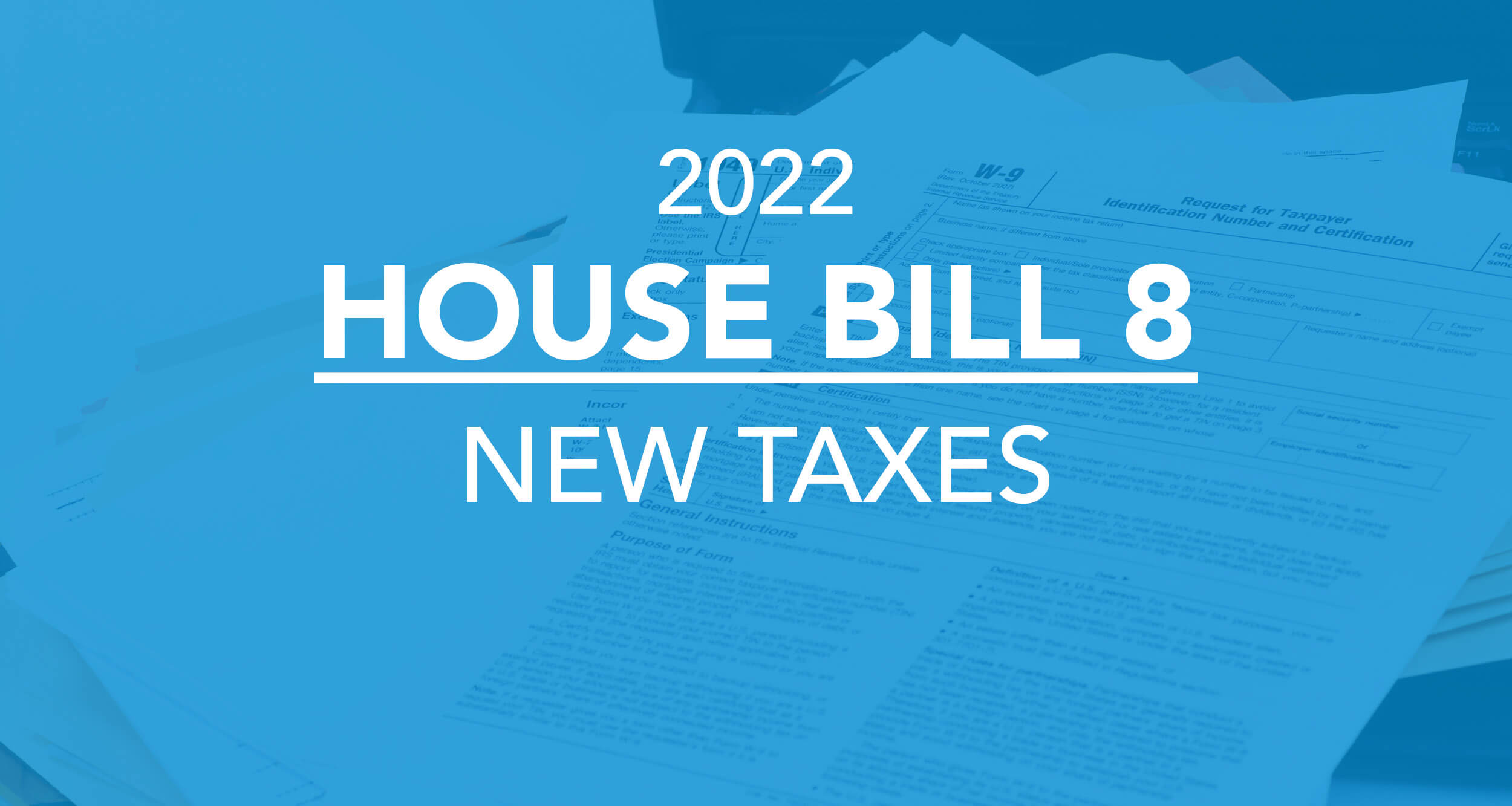In its 2022 Regular Session, the General Assembly enacted two taxes aimed at newer components of the country’s economy – peer-to-peer car sharing and electric or hybrid motor vehicles. In addition, the state’s transient room tax, which typically applies to hotels, is extended.
The Newbies
An excise tax on peer-to-peer car sharing and power used to charge electric batteries plus registration fees on electric and hybrid vehicles are among the new products and services subject to tax.
Peer-to-peer car sharing
Beginning January 1, 2023, a six percent (6%) excise tax will be imposed on peer-to-peer car sharing, which is “the authorized use of a motor vehicle by an individual other than the vehicle’s owner through a peer-to-peer car sharing program.” The leasing of a motor vehicle is expressly excluded from the “peer-to peer” definition. “Peer-to-peer car sharing” is akin to renting a motor vehicle from a rental company except in this case, the rental company is an individual. Peer-to-peer car sharing is to motor vehicle rentals what Airbnb is to hotels.
Electric and hybrid vehicles and power used to charge electric batteries
Next, the Legislature ventured into the land of electric and hybrid vehicles. “Electric vehicle” or “electric motorcycle” means a vehicle or motorcycle that has plug-in charging capabilities, regardless of whether the vehicle has an electric motor only or a combination of an internal combustion engine and electric power. A “hybrid vehicle” is one that does not have plug-in charging capability, but is powered by a combination of an internal combustion engine and an electric motor.
Effective January 1, 2024, upon initial registration and then annually, the county clerk will collect a registration fee of $120.00 from owners of electric vehicles and $60.00 from owners of electric motorcycles or hybrid vehicles. The rate may be increased or decreased on an annual basis if there is an increase in the National Highway Construction Cost Index 2.0. However, the fees cannot be lower than the initial fees set by the new statute. The proceeds from the registrations will be split fifty-fifty between the general fund and road fund.
Finally, the General Assembly created an excise tax, with an initial base rate of three cents ($0.03) per kilowatt hour, to be adjusted annually, on “electric vehicle power” distributed in the state by an “electric vehicle power dealer.” “Electric vehicle power” means “electrical energy distributed into the battery or other energy storage device of an electric vehicle to be used to power the vehicle,” and “electric vehicle power dealer” is a person who owns or leases electric vehicle charging stations. If a charging station is located on state property, a surtax with an initial base rate of three cents ($0.03) per kilowatt hour is imposed.
Expand the base!
Speaking of Airbnb, included in the many tax changes is expansion of the scope of the state’s transient room taxes to include arrangements such as Airbnb, plus cabins, campsites, and other lodging. Cities, counties, and tourism districts also are authorized to extend their transient room taxes to include Airbnb, cabins, etc. This expansion is effective January 1, 2023.
Related Articles
